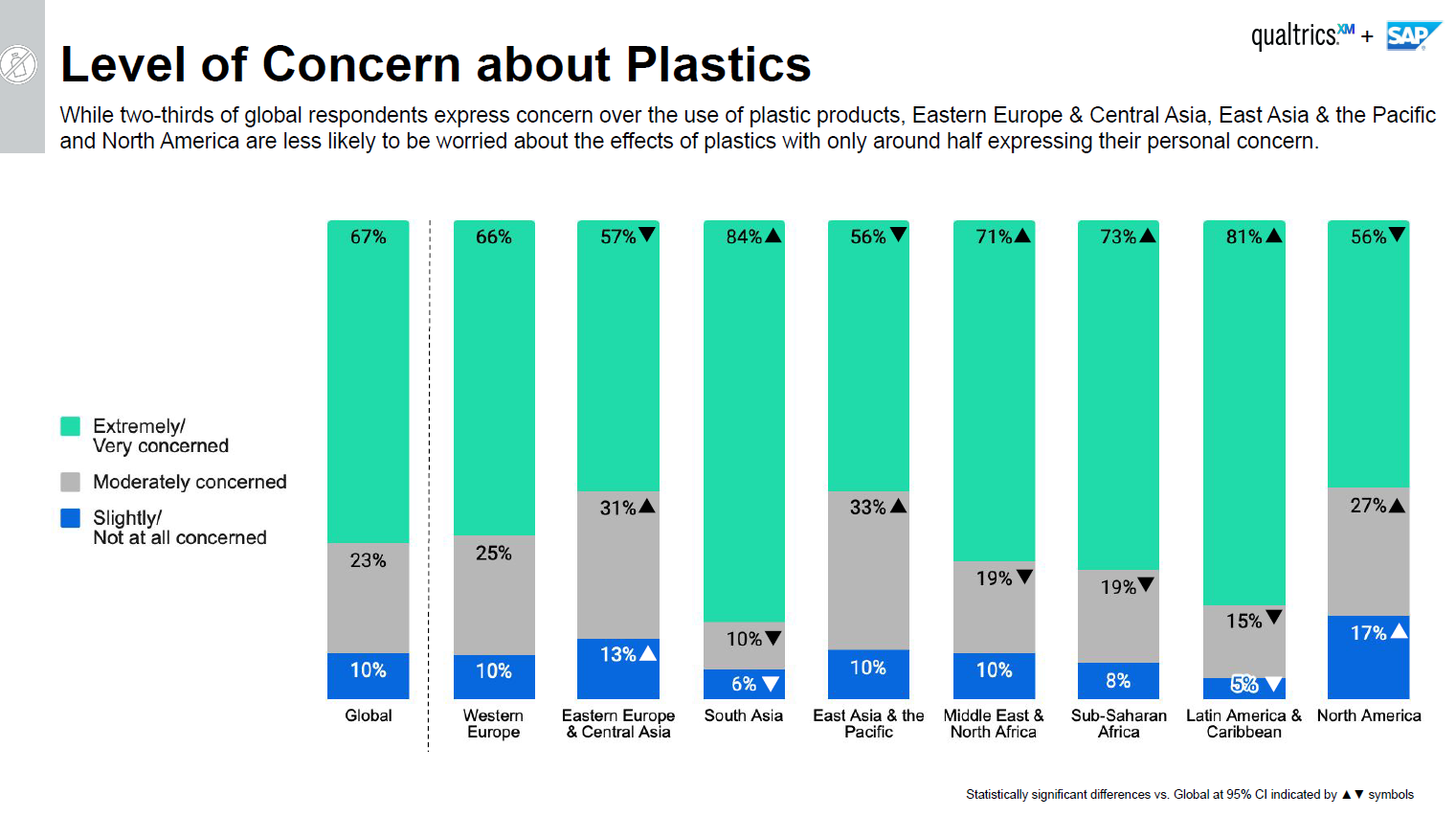We want to focus on the Huntsman strategic review of its Textile Effects business today, but in the context of the proposed management compensation program that was also discussed in today's release. If you are going to use total shareholder return (TSR) as a key factor in executive and senior management compensation (which is aligned with shareholder goals), then it must also be core to your corporate strategy. Every action or proposed action should be looked at through the lens of how it will align with the core strategic goal. Hunstman may be doing the right thing by looking to sell its Textile Effects business because it has a lower EBITDA margin than other businesses in the portfolio, but is this necessarily what a shareholder is looking for? In our experience, shareholders pay more for earnings certainly – so lack of volatility – and growth. Margins are important but margin improvement is only important if it impacts growth. Margins can be improved through divestment, but unless the divestment increases earnings certainty, and/or the growth rate of the remaining business, the divestment may have limited impact. That said, Huntsman is thinking about this correctly, and has been active in transforming its portfolio in the past – some might say too active – but we would not be in that camp. Compare this story with LyondellBasell, which has had the TSR component in its compensation scheme for years, but has not – in our view – managed the portfolio with that in mind. Acquisition and capital spending programs have in theory added to core EBITDA (not the case for the Bora JV in China today), but they have not done anything to address volatility, and investors are rightly questioning the cost of the growth – given the increased debt load. If LyondellBasell management was truly focused on TSR, the company should separate its much higher value compounding and licensing business from the core. See our past work on LyondellBasell
Aligning Corporate Strategy With Compensation Metrics Is Key
Dec 29, 2021 12:25:57 PM / by Cooley May posted in plastics industry, M&A, Shareholder Returns
Will Consumers Become Experts In The Plastics They Use?
Dec 23, 2021 12:41:17 PM / by Cooley May posted in Chemicals, Recycling, Polymers, Plastic Waste, Plastics, Emissions, packaging, plastics industry, COP26, biodegradable polymers, Climate Goals, carbon footprints, recyclable packaging
The linked headline is interesting and accurate, but the “civilian” education around plastics has just begun – and will need to be continuing education. Plus, the agenda for plastics producers likely changed with COP26. On the first point, while consumers have been made more aware of plastic waste issues and recycling in 2021, it is still very mixed by geography, with some countries and some US states making major pushes in 2021 while others have lagged. There remains a significant level of skepticism and disinterest in recycling in the US as we discussed in a recent ESG and Climate report – linked here (See chart below). The continuing education comment is based on the likely significant evolution of plastics over the next ten years. If we introduce more biodegradable polymers into the mix, these will have to be dealt with differently by consumers. Also, as packagers move towards more “recyclable” packaging, more materials will move from a waste stream to a chemically recyclable stream and ultimately to a mechanically recyclable stream – as this evolves, consumers will need constant updates is they are expected to play a part.



